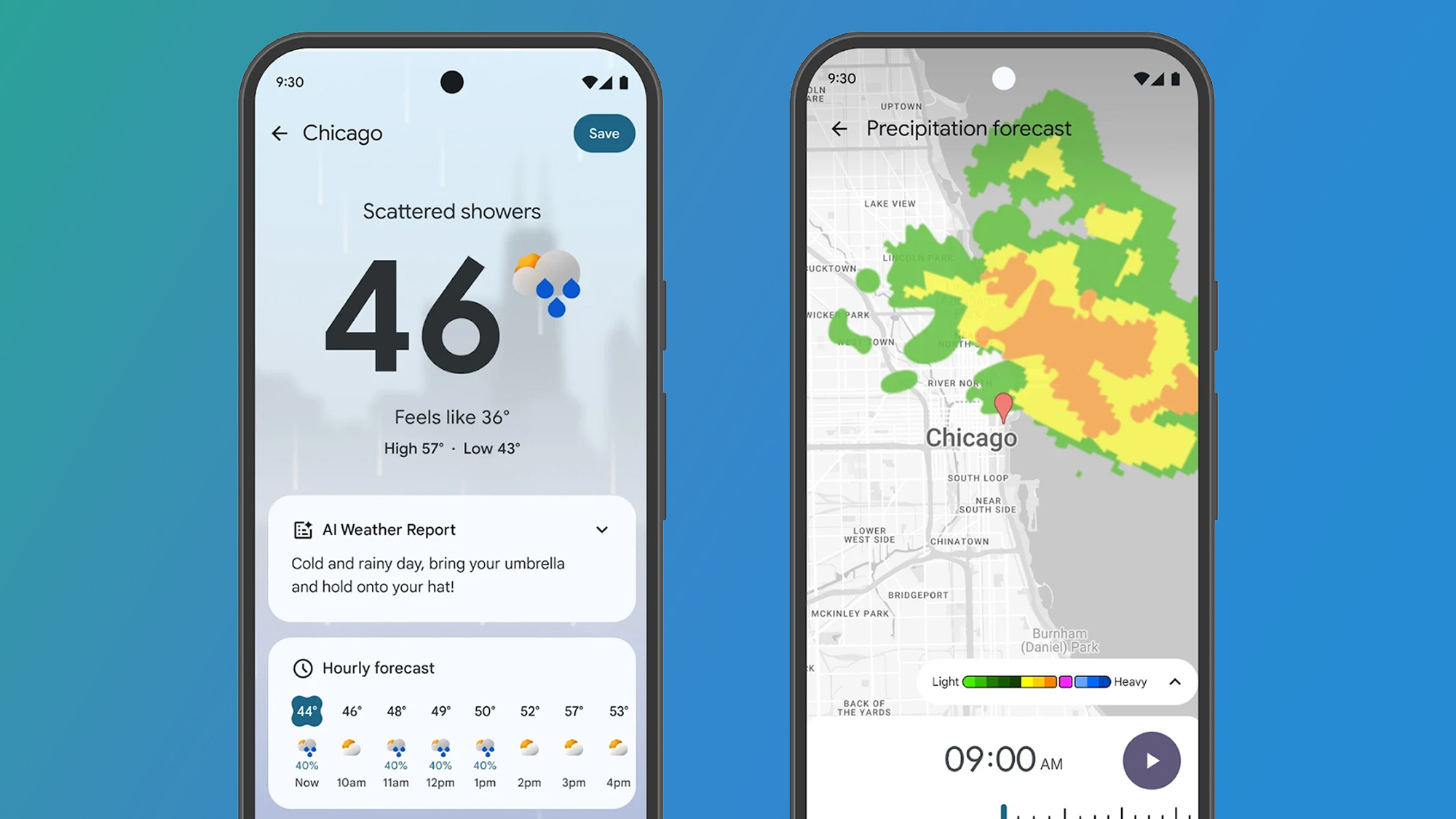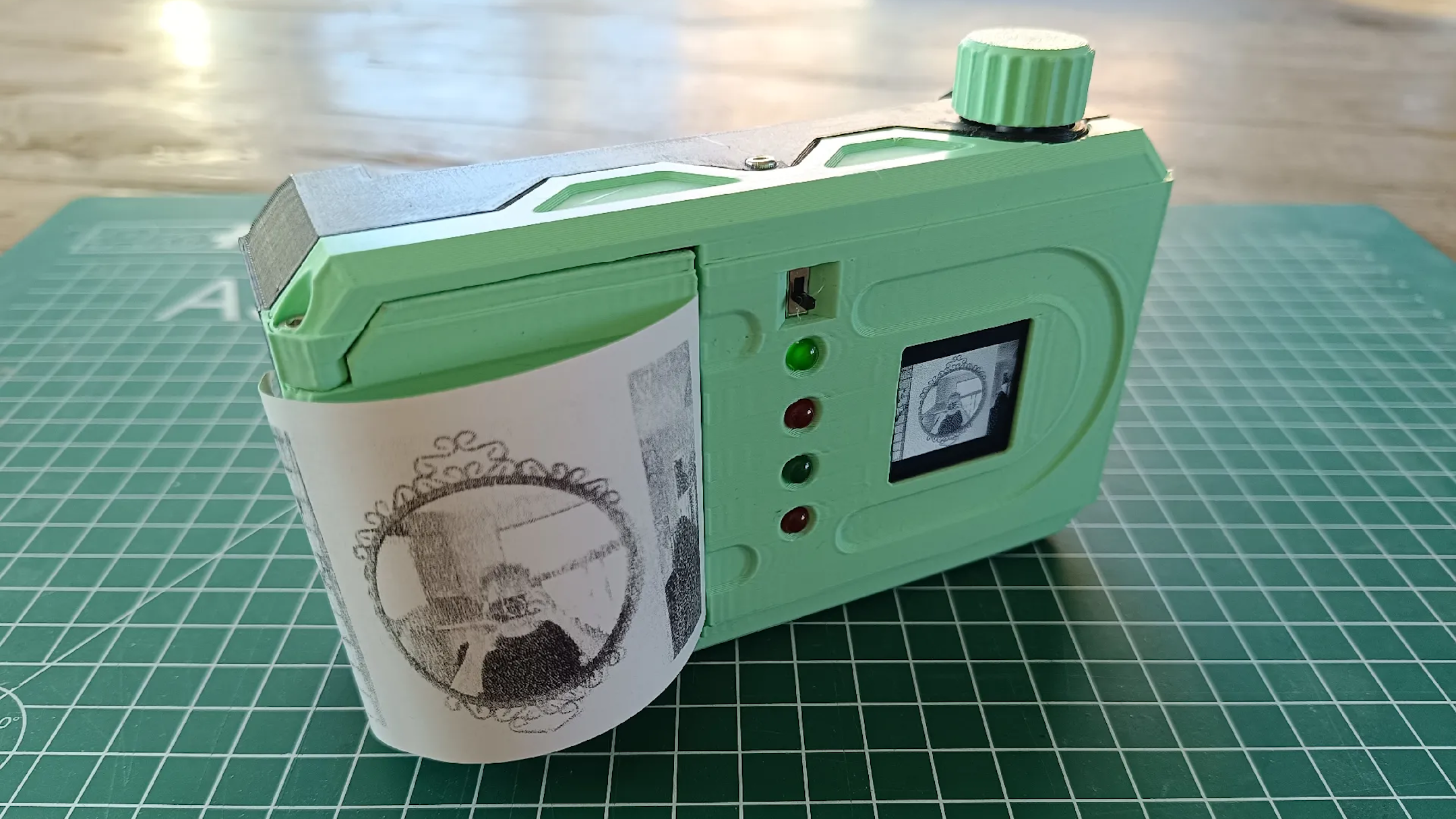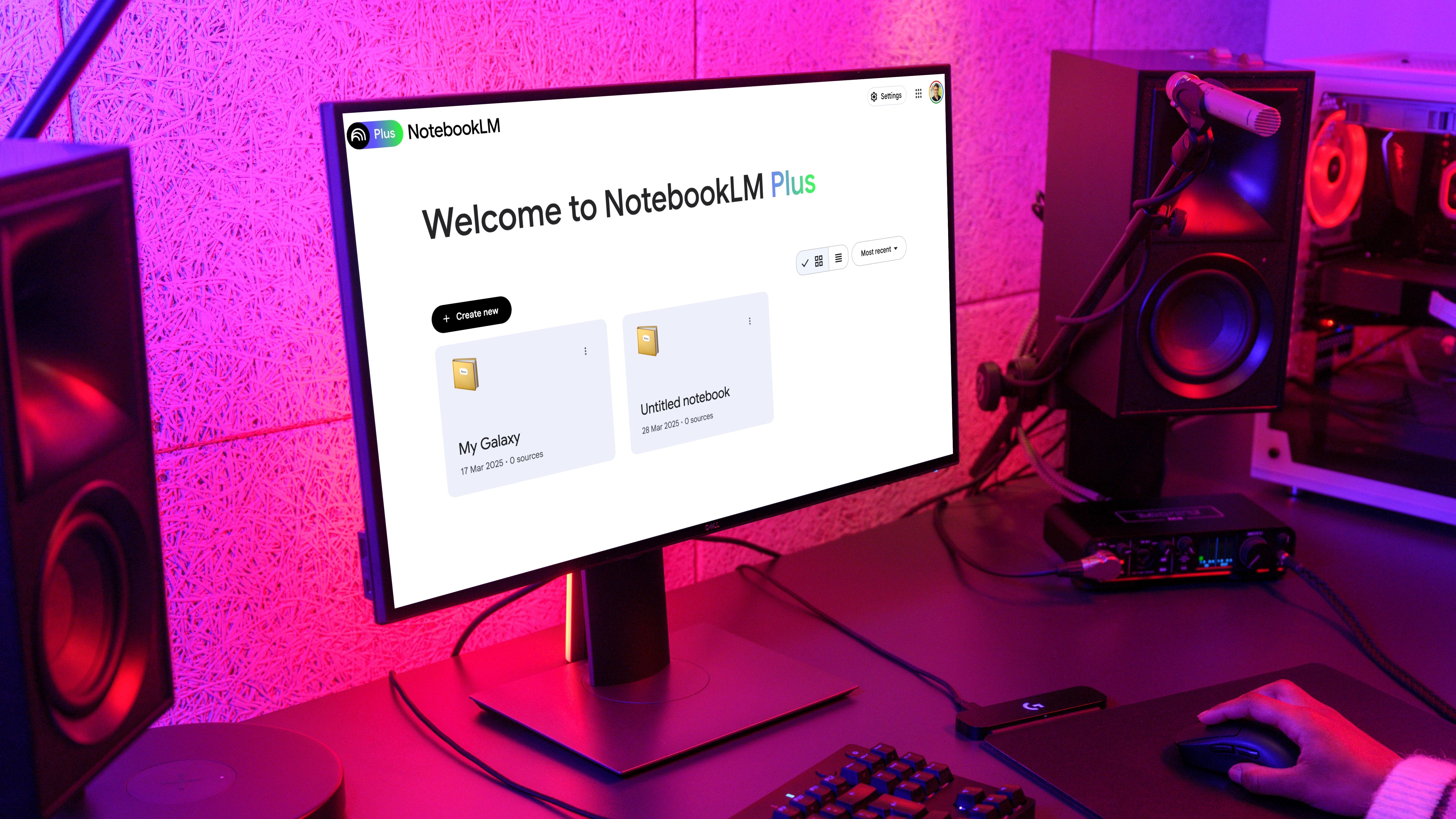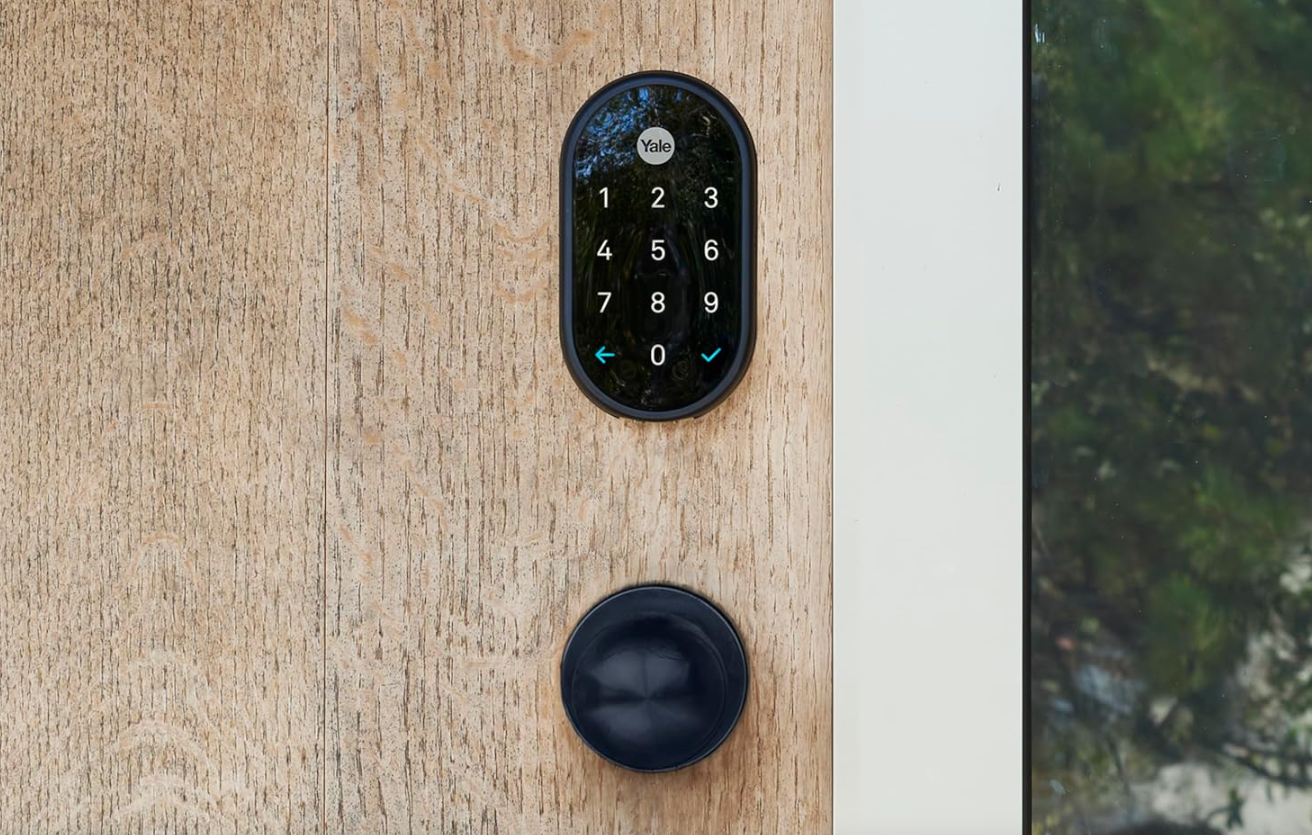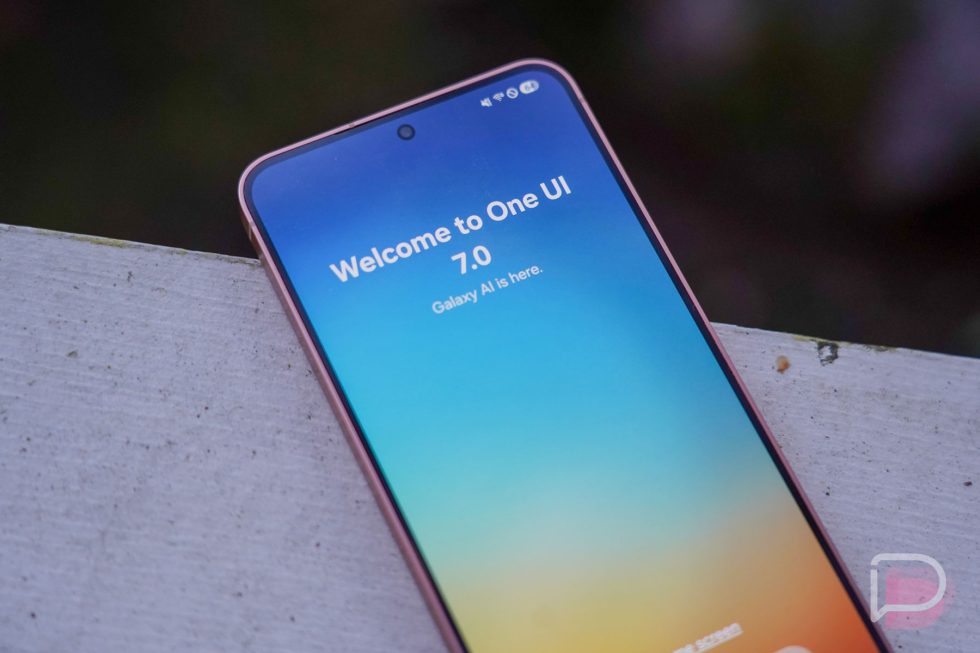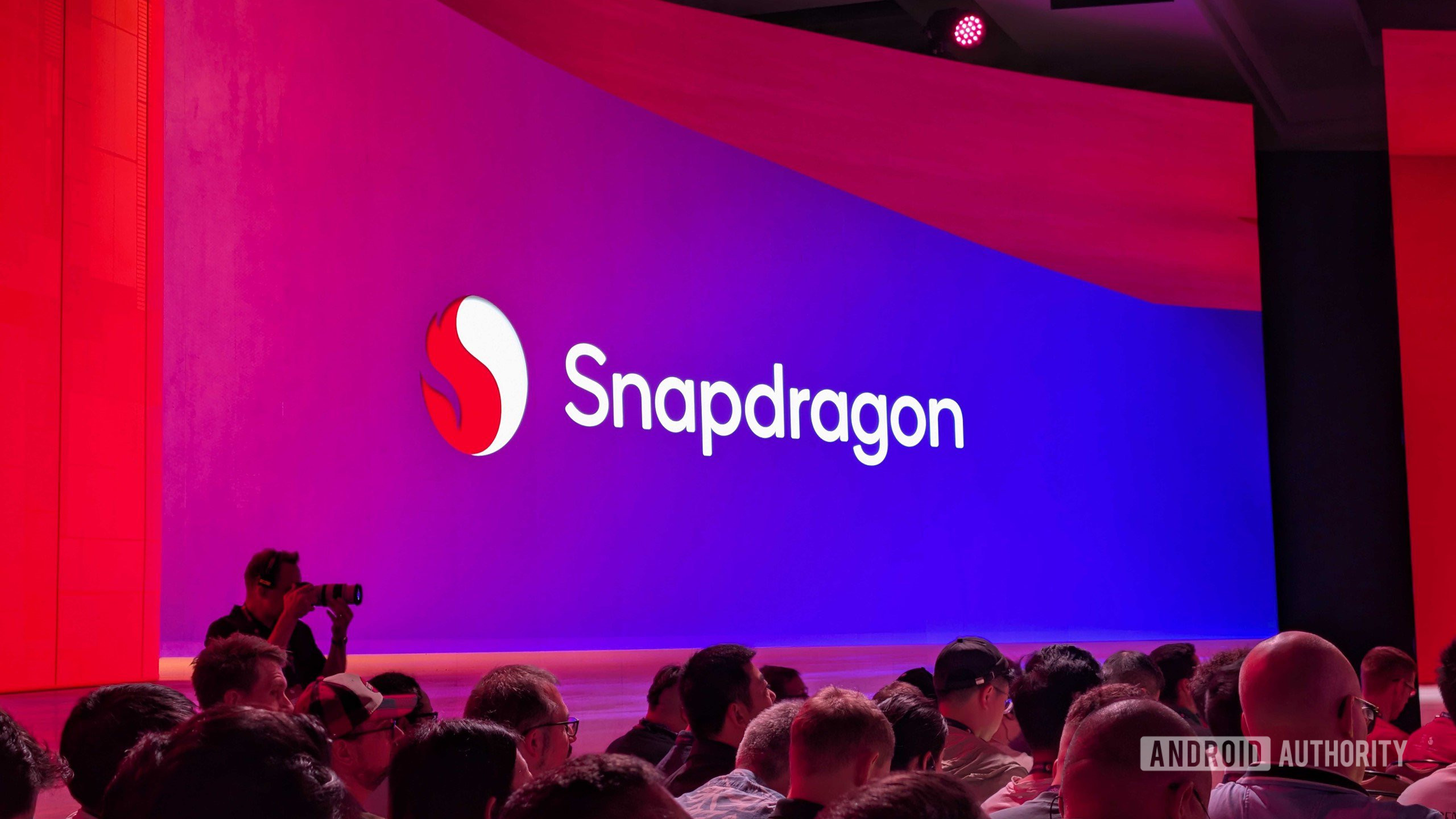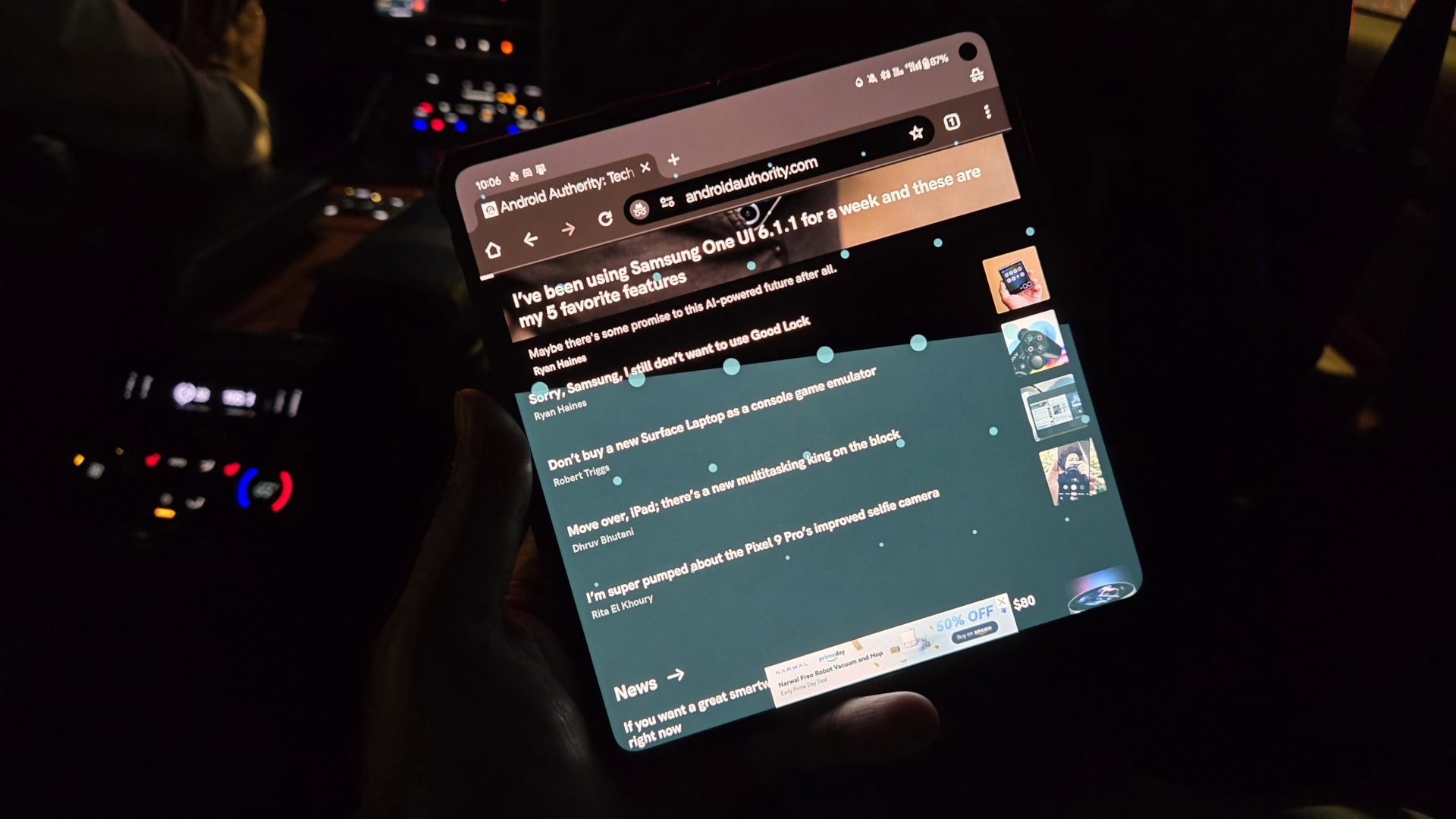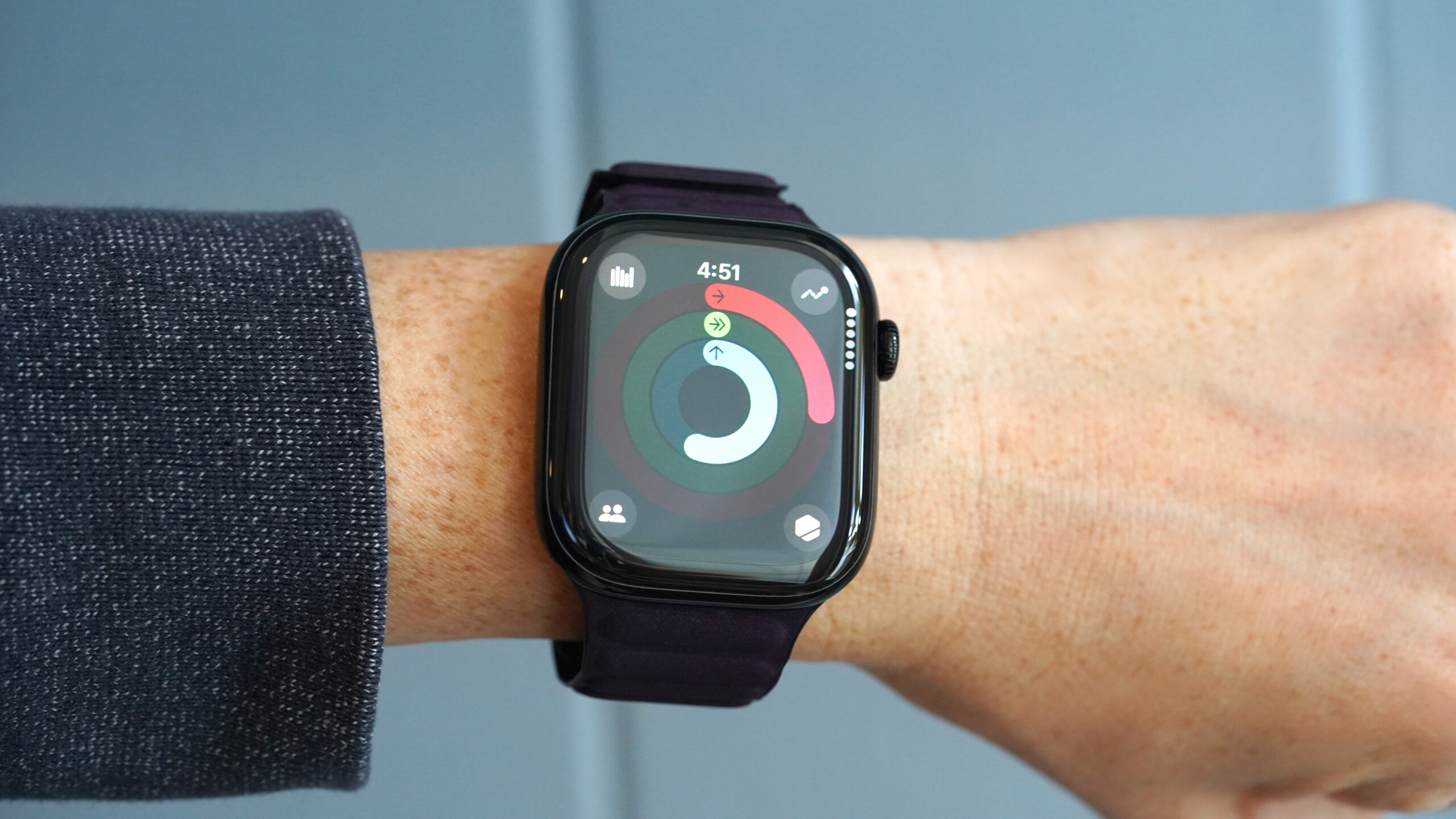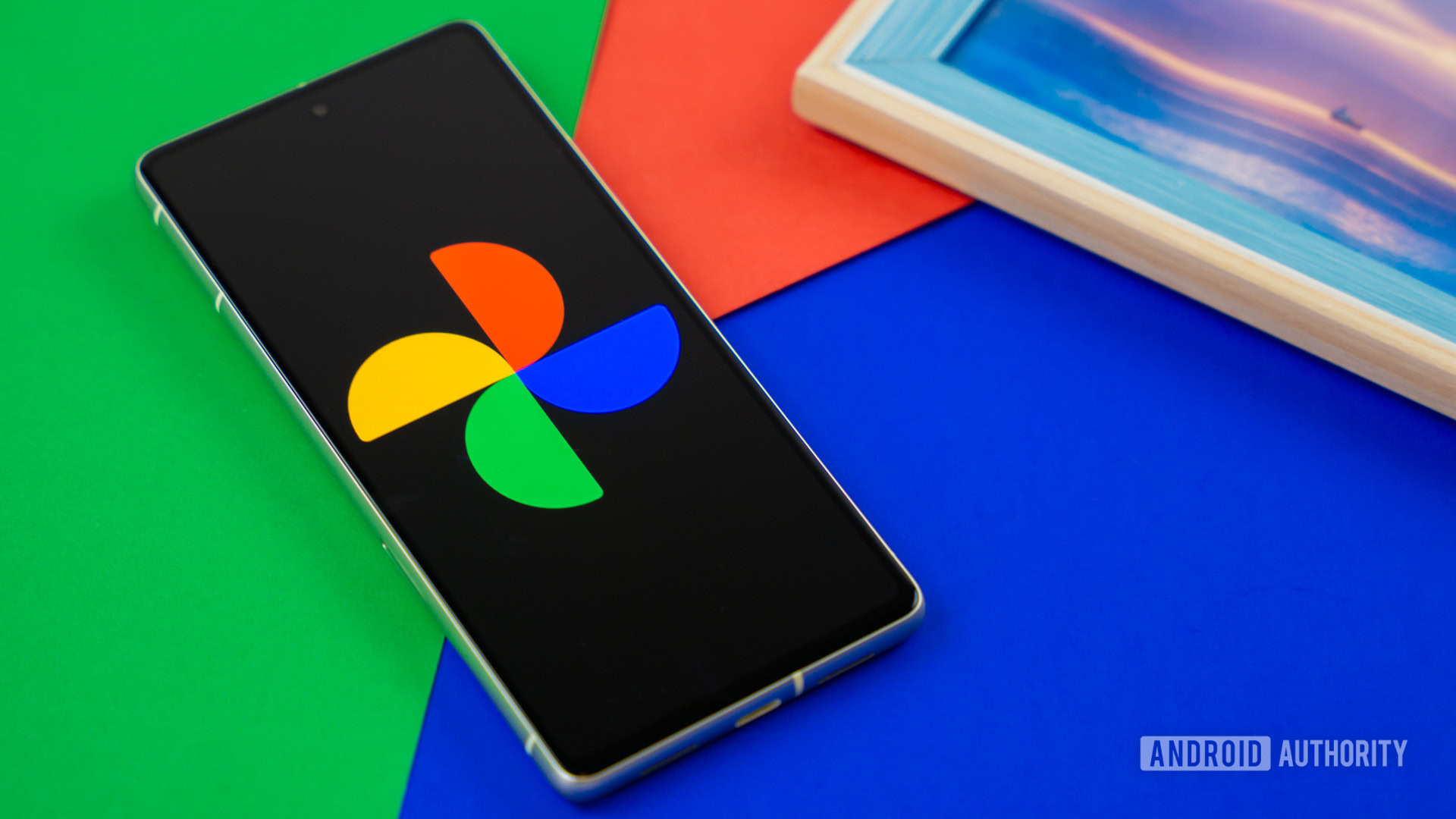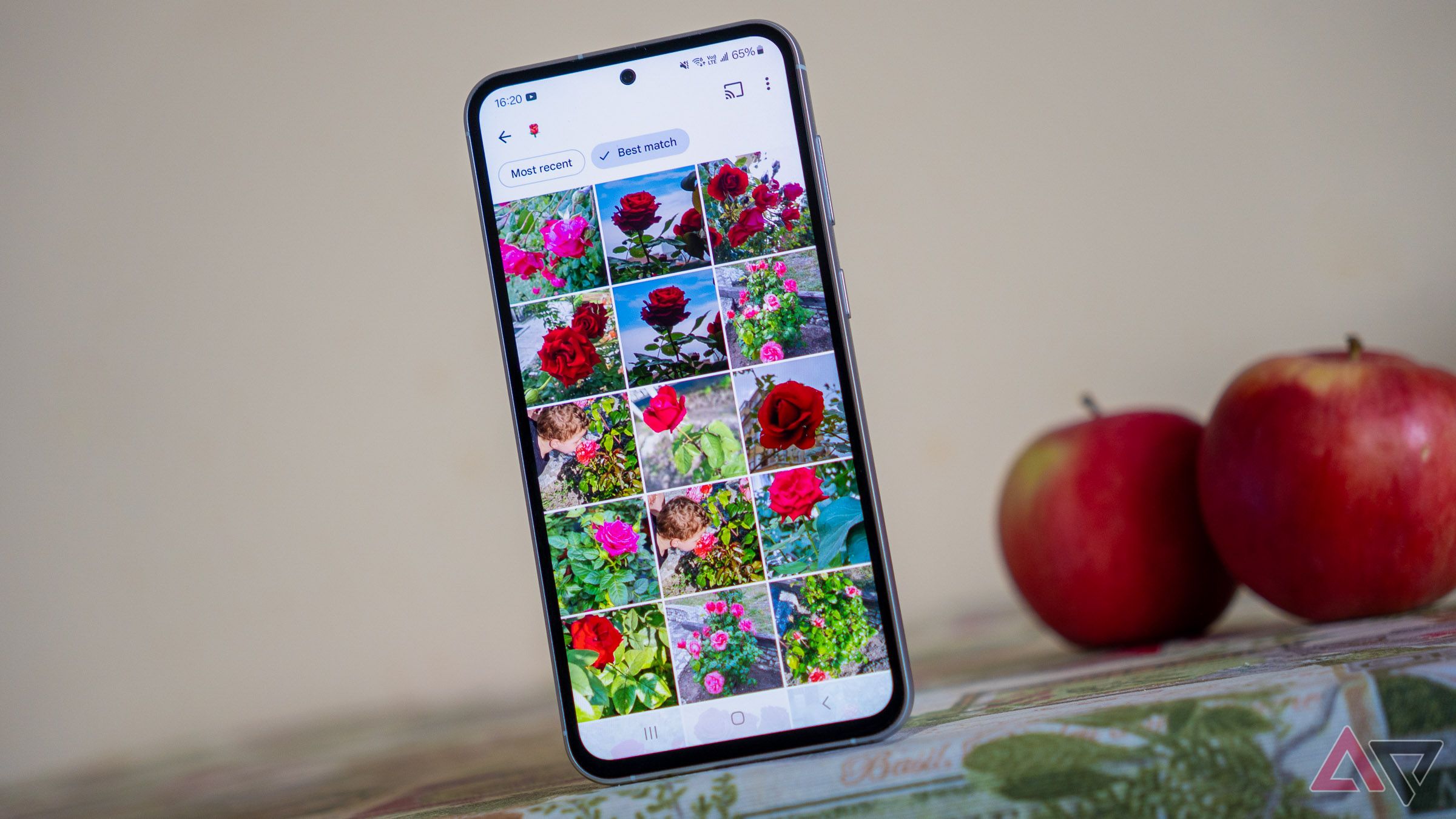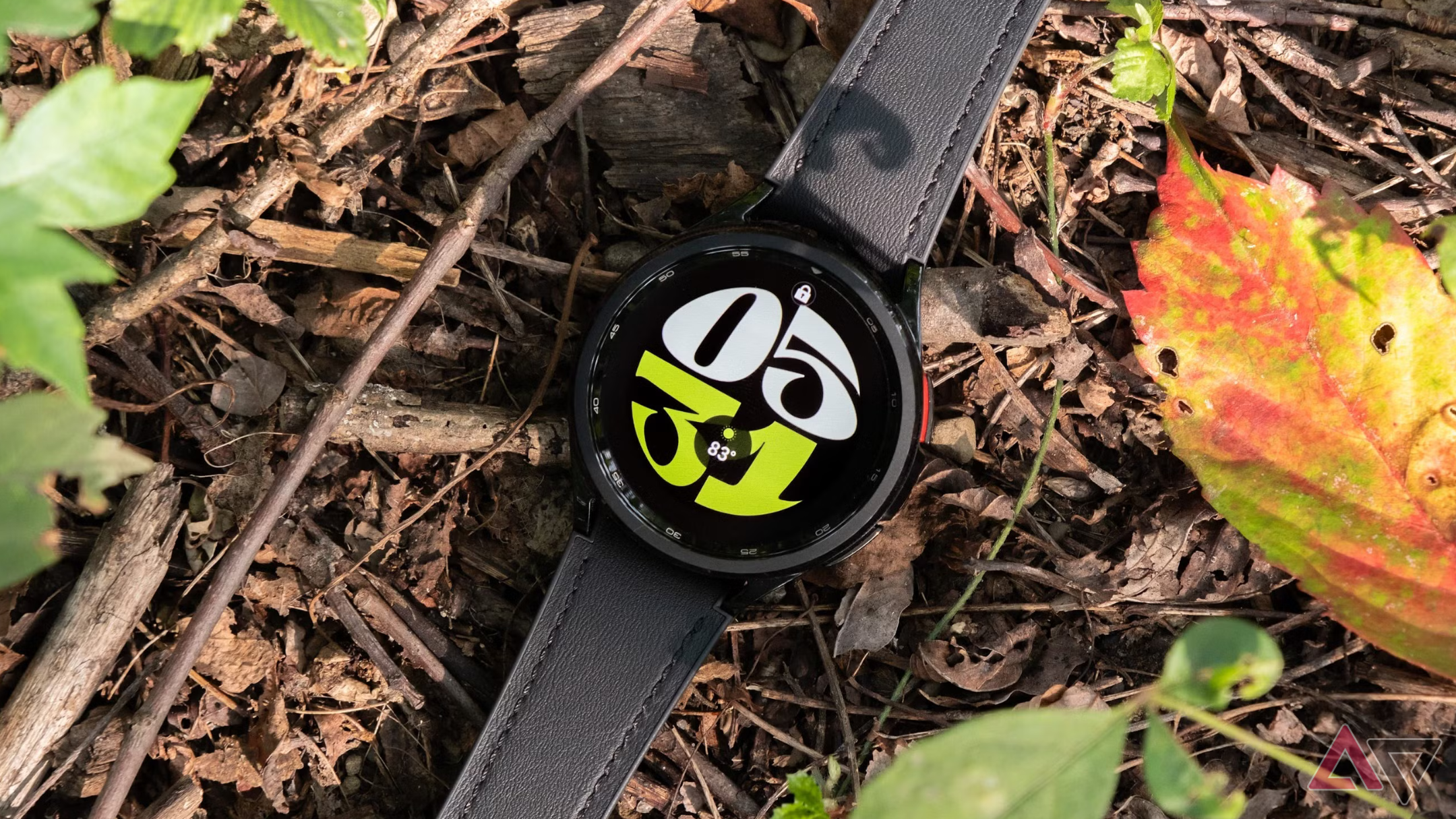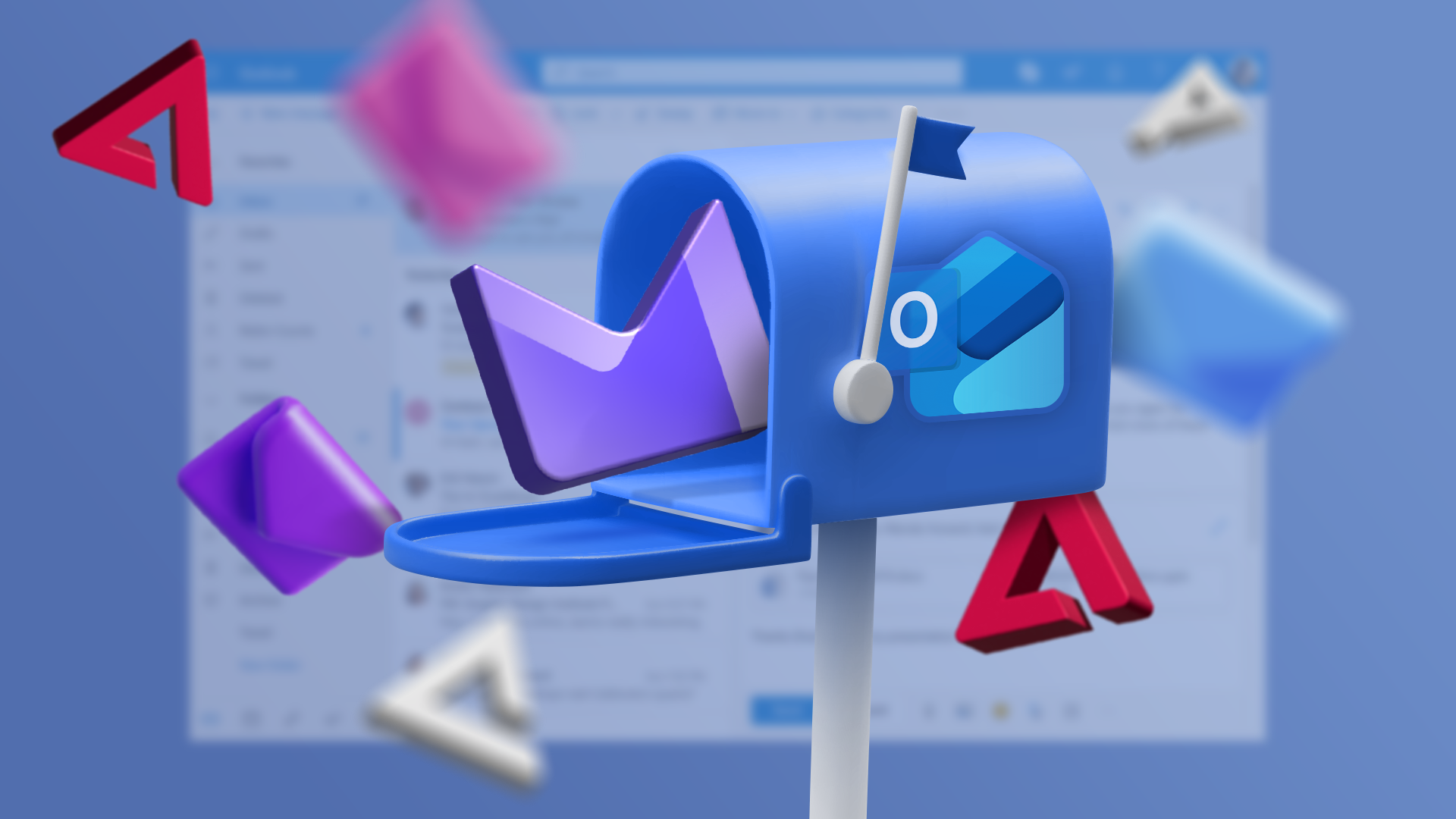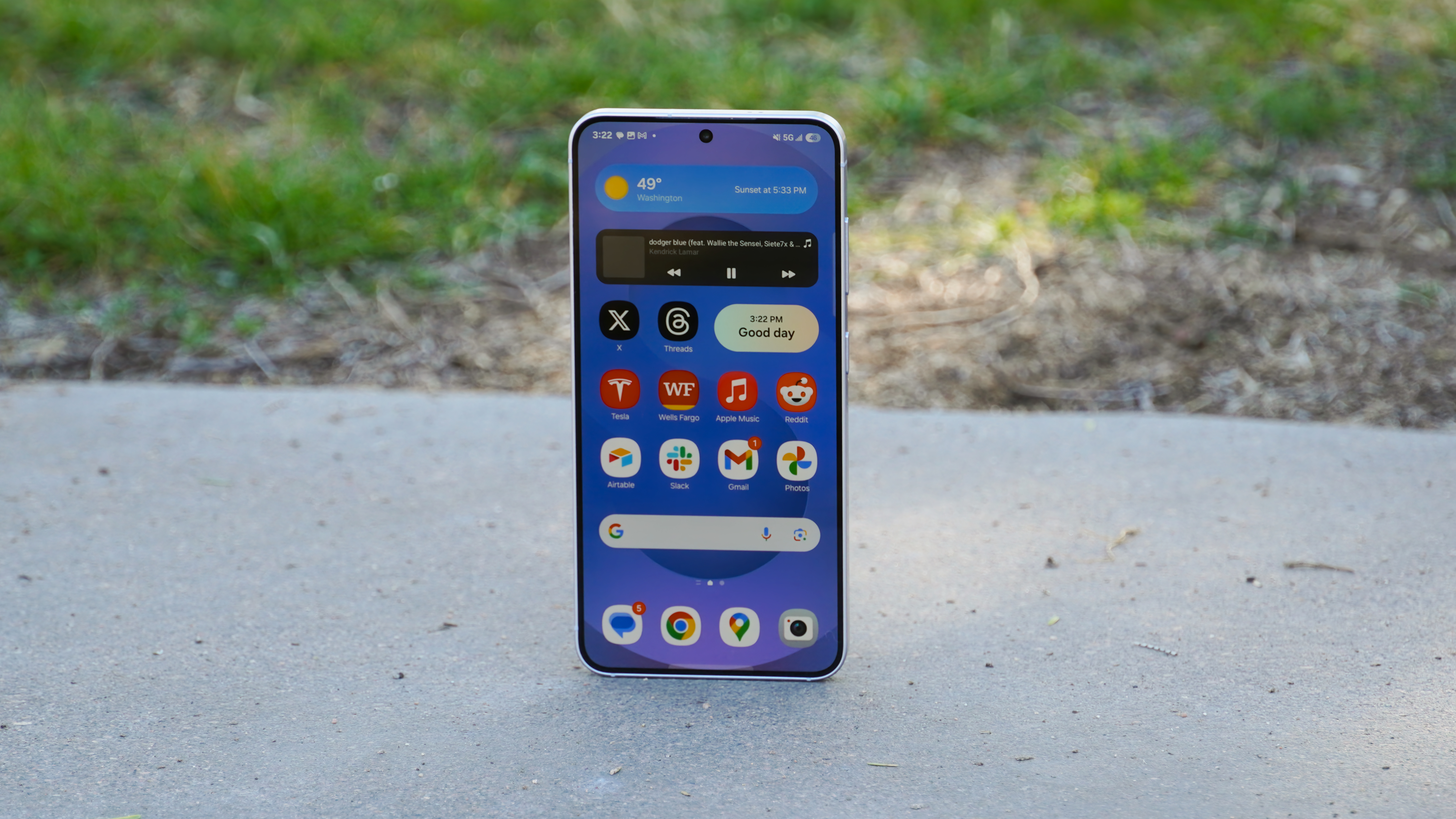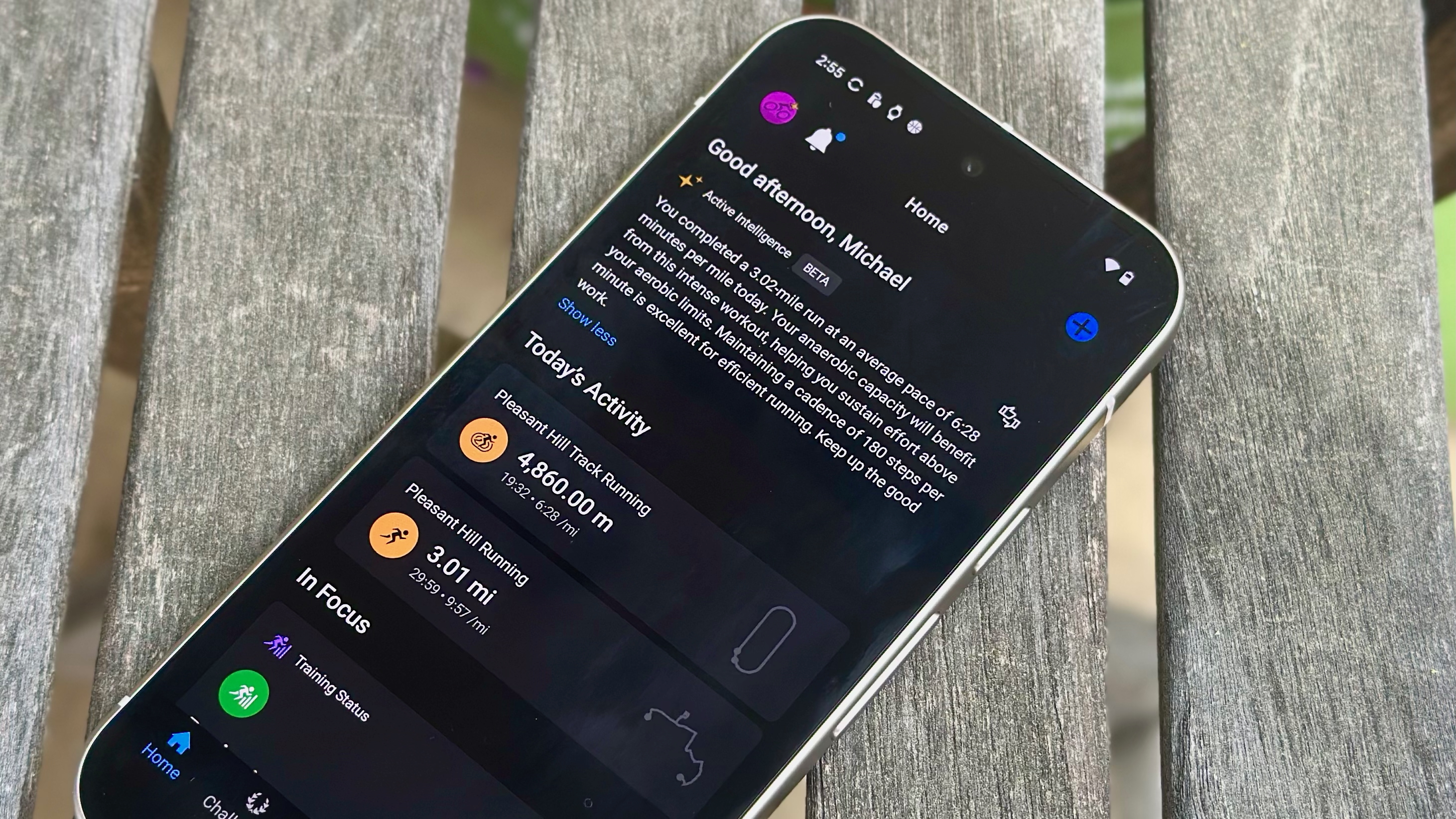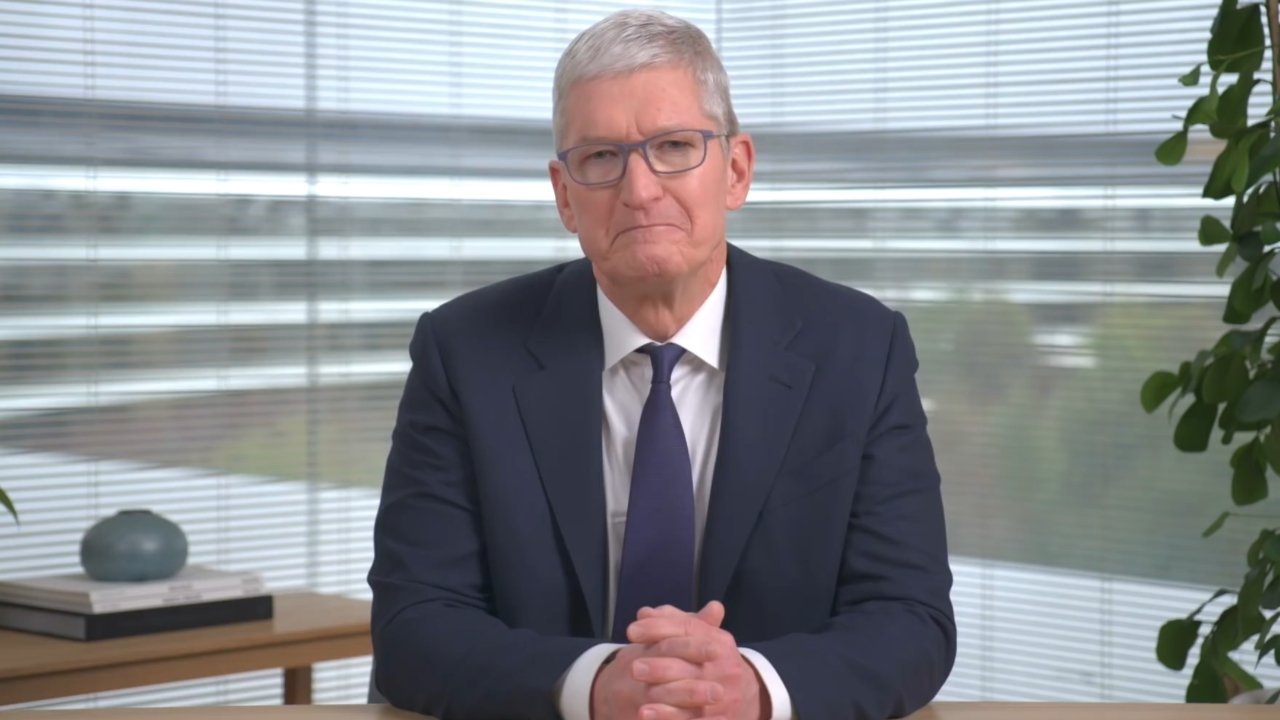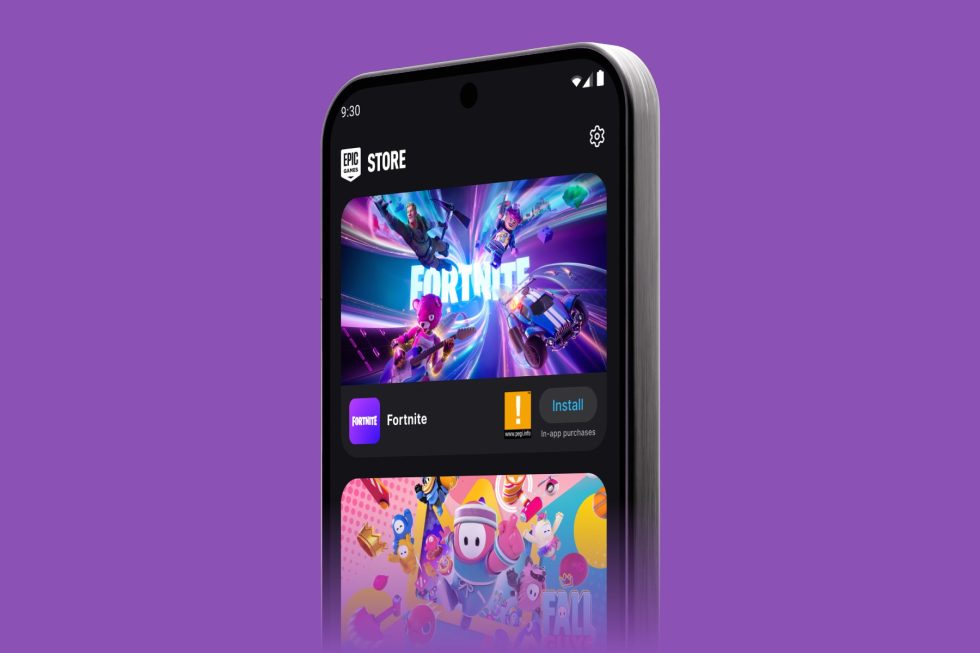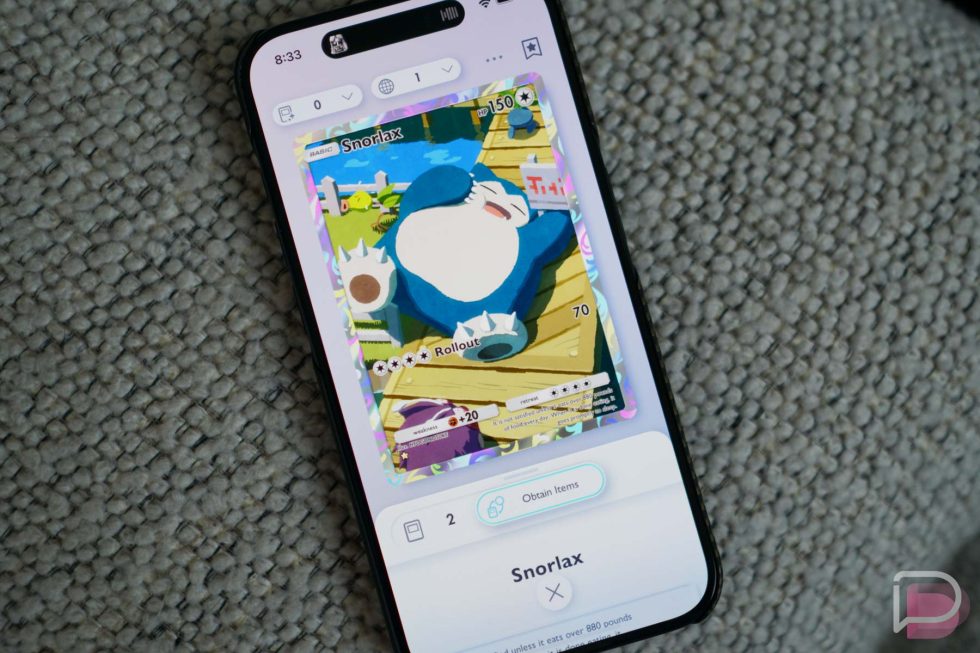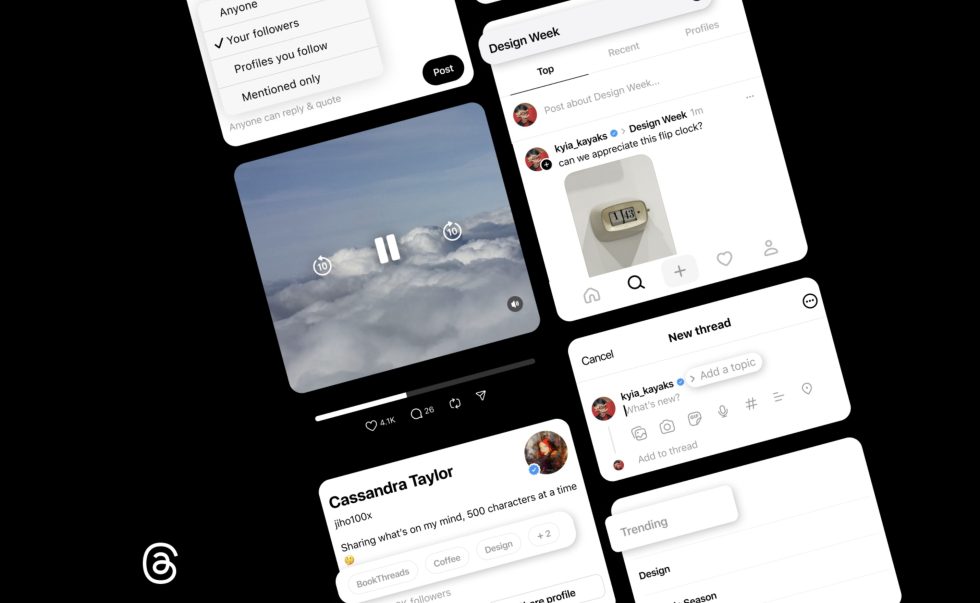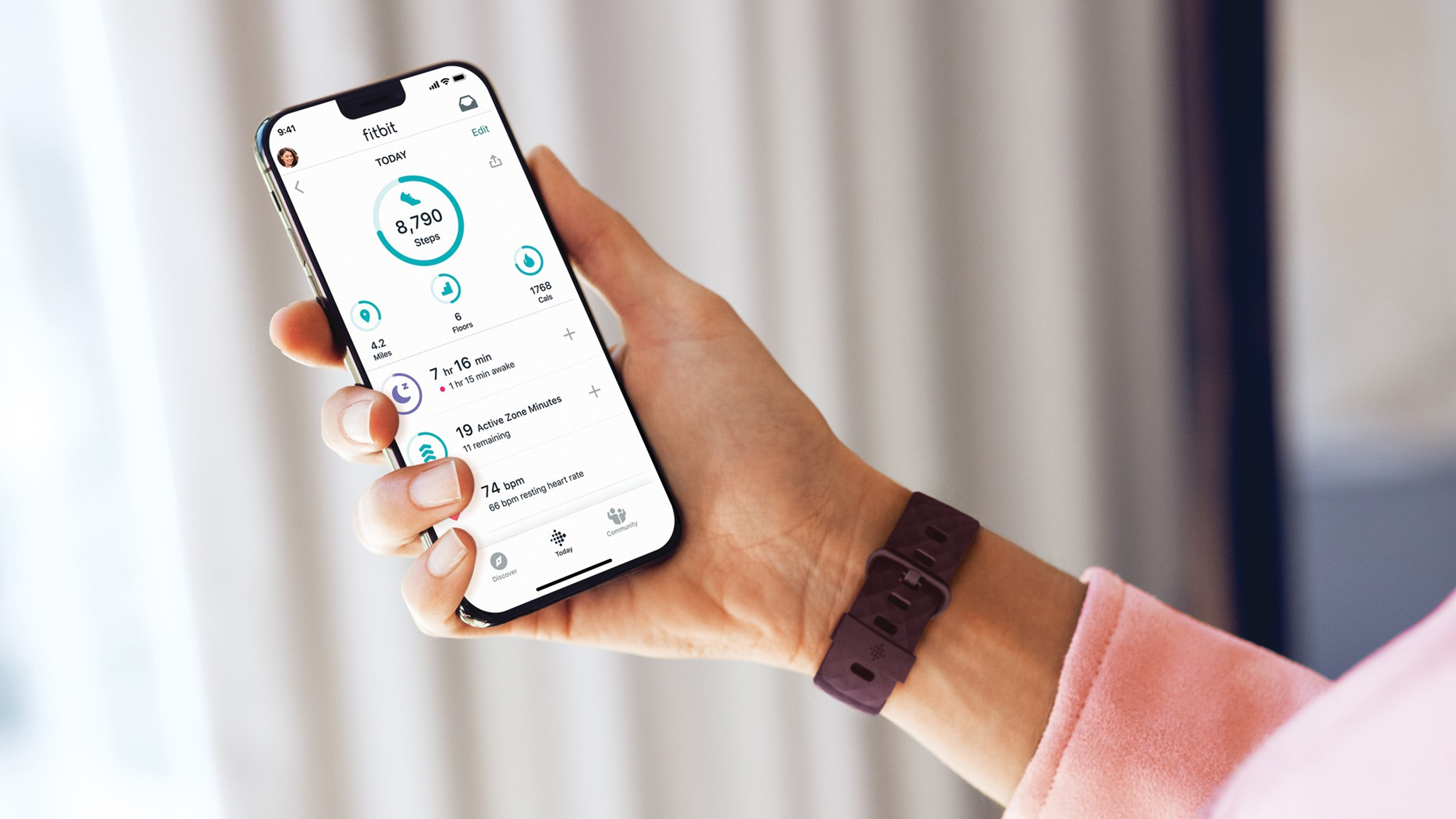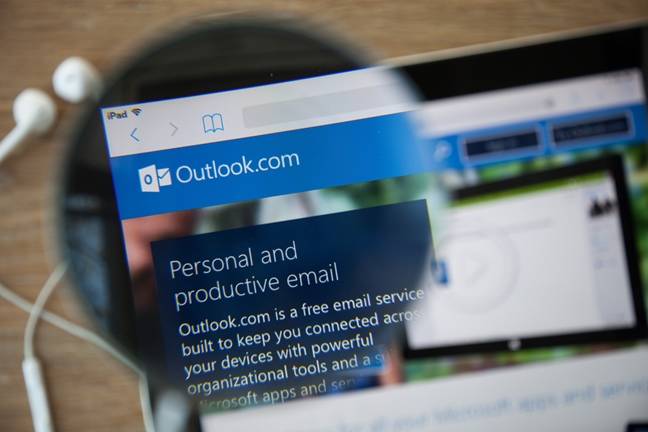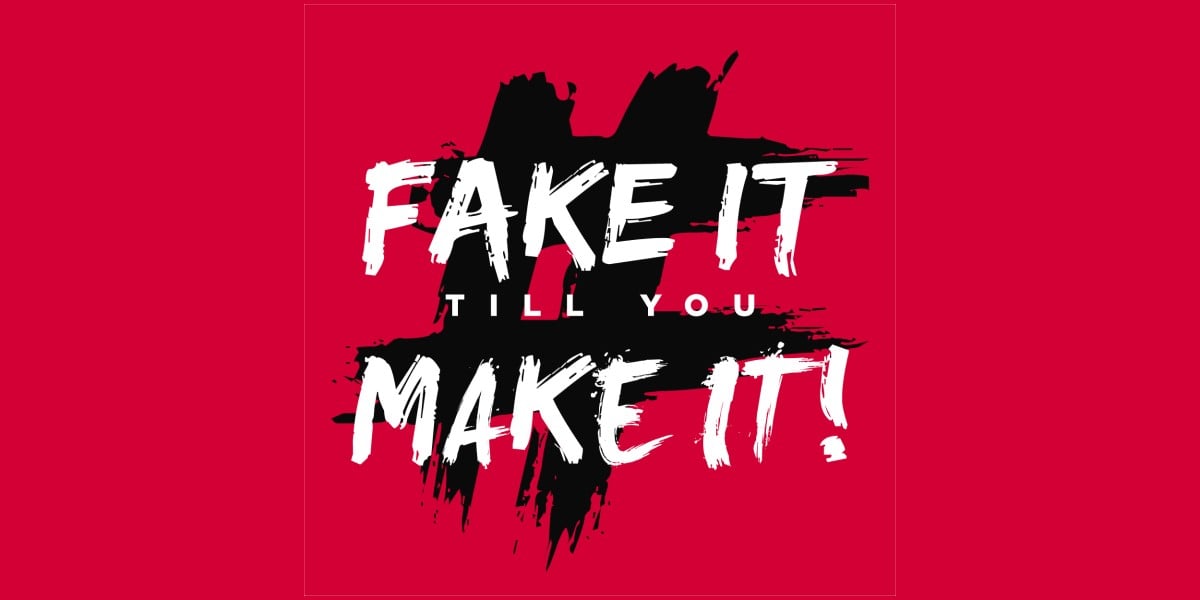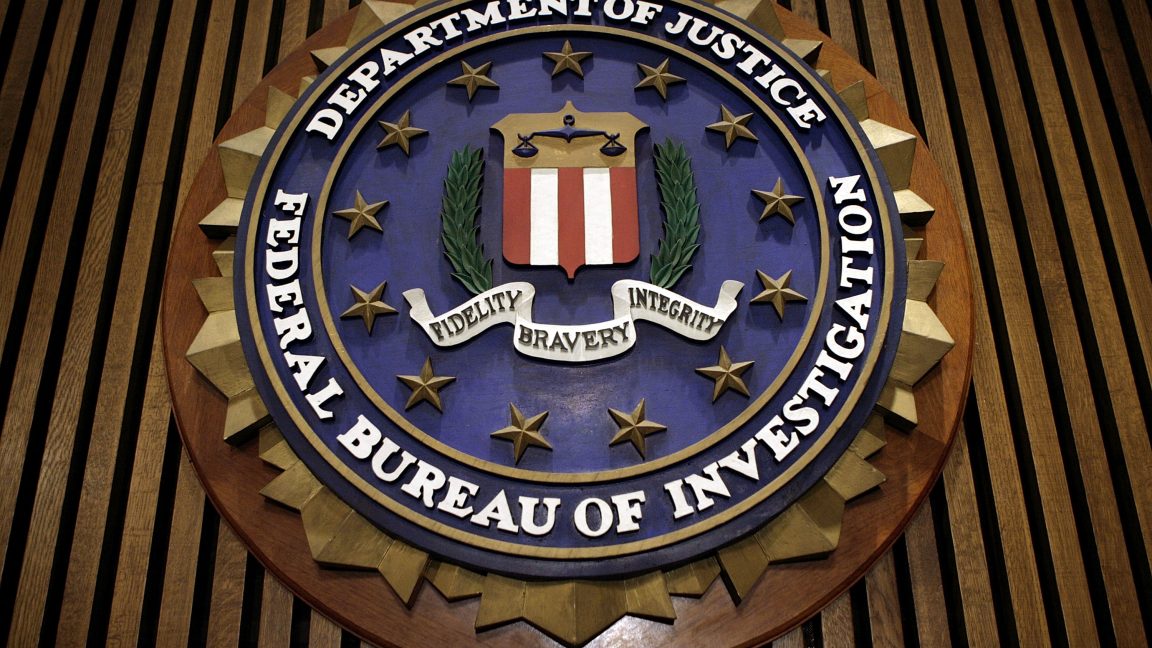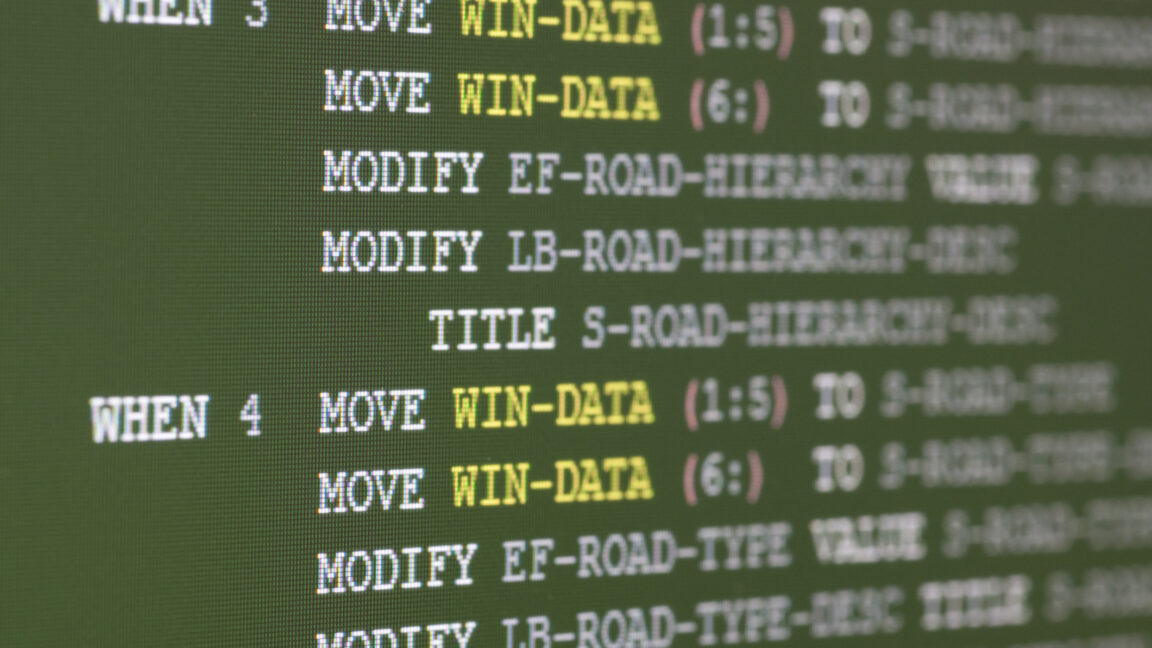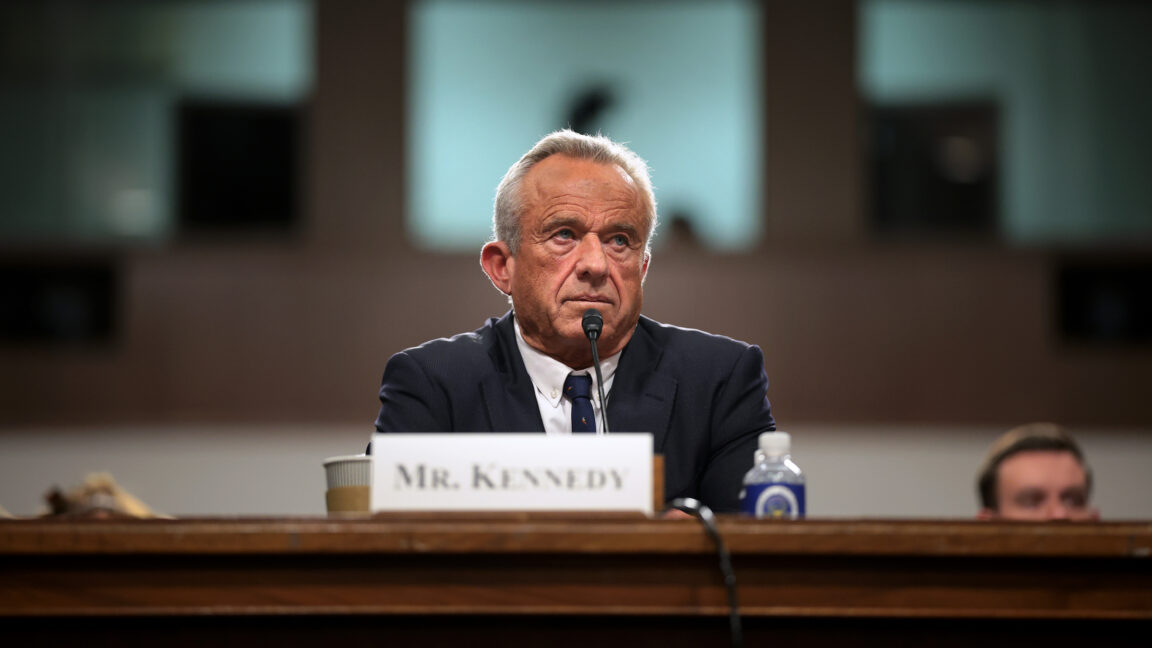Here’s what military planning usually looks like — and why it doesn’t include Signal
The Trump administration planned a military strike in Yemen the way normal people plan a surprise birthday party: in a group chat. As detailed by The Atlantic earlier this week, Secretary of Defense Pete Hegseth, Vice President JD Vance, and other senior officials used a Signal group to discuss an attack on Houthi targets, sharing […]


The Trump administration planned a military strike in Yemen the way normal people plan a surprise birthday party: in a group chat.
As detailed by The Atlantic earlier this week, Secretary of Defense Pete Hegseth, Vice President JD Vance, and other senior officials used a Signal group to discuss an attack on Houthi targets, sharing details that included the movement of American assets in advance of their deployment. The news leaked because one member, National Security Advisor Mike Waltz, made the bizarre mistake of inviting Atlantic editor-in-chief Jeffrey Goldberg into the discussion. But even before that moment, Hegseth and the rest were doing something dangerous and far outside the bounds of normal military planning â while using an app that, for ordinary people, is still one of the best ways to have a private chat.
Signal is an end-to-end encrypted chat service used for many private communications, including conversations between sources and journalists at outlets like The Verge. But the Houthi attack group chat demonstrates the limits of any conventional electronic communications. Military security is a life-and-death matter, and attack plans are being constantly sought …


